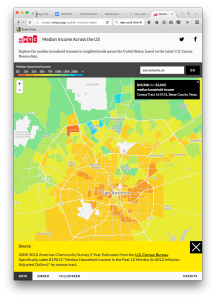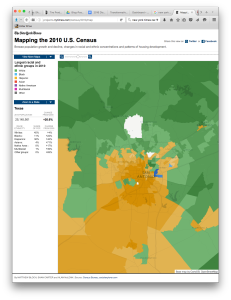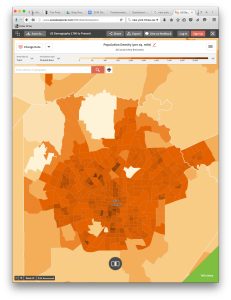After attending a week’s worth of meetings where diversity and inclusion have been hot topics I decided to write some thoughts on it. I noticed that privilege, aka the inherit socio and economic mobility one has, was often over looked and not reflected upon enough by those who hold positions of power and agency.
Below are some takeaways I have from my experiences.
1. Diversity and Inclusion also need equity
After all the discussion of diversity and inclusion that I participated in this week in San Antonio and also at A&M College Station, one thing I came away with is the need for equity. Maria DeLeon, Executive Director of the National Association of Latino Arts & Culture (NALAC) gave insight into the idea of equity being part of the discussion at the SA2020 D&I discussion.
I would assert that equity is a missing key because without it, it is often easy to think that within the concept of diversity and inclusion that “fairness” is thought of as equal representation. My mind sees equity as being important because it shows how marginalized voices often have to be accessed through multiple lenses. When we discuss “lived realities”, we are often referring to what many would call “intangibles”, though often they can be measured.
I also notice when discussing diversity and inclusion, equity is discussed in mono or dual modal parameters, such as race or gender. I assert we need to understand the “intangibles” in order to see a more integral representation of “lived realities” so that people can better understand their agency in relationship to others. Geographical location, socio-economic status, cultural bias, are all things that are often not accounted for when these dialogs are taking place. When these are combined you can see the need for equity in addition to diversity and inclusion. By using these additional factors I believe they bring insight into how “lived realities” are controlled and perpetuated through systematic institutional decision making and governance.
If I were an academic I would dribble away about Bourdieu Forms of Capital…
So here we go… Just kidding… But really there are more visual ways to think about this.
Instead I will just leave you with some maps of San Antonio to think about:
2. The history of the powerless is key.
When discussing diversity and inclusion at the SA2020 panel and when discussing it at the A&M conference, one thing I noticed was how dismissive most people of privilege were towards women of color who spoke up. There is palpable sense of discomfort. If we look back at the charts and graphics from above, I would assert that it is because their powerlessness is one of the most dire, it is one of the loudest cries. Their oppression is rooted, not just in race, but gender, as well a social inequity. Within their own race they have had to deal with their own hetero normative misogyny. Within race they are not only dealing with hetero normative misogyny but also the color of their skin. When making requests for institutional power, as a women of color, they have to deal with the stereotypes of being of a lower socio economic descent.
In my opinion this “lived reality” is often hard for others to truly embrace and understand. For those who do not know, San Antonio is one of the meccas of Chicana Activism and Studies. It has historical roots for creating spaces for the voices of the under served. And in addition to this lineage, it is currently active. Womyn from all over the US have come here to explore, develop and learn from and about Chicana culture. In my opinion we have one of the best Chicana programs in the nation at UTSA in the bi-cultural-bi-lingual studies department. We have a rich cultural scene that spans from clubs, groups, music, art, activism and academia that is truly influential at an international level.
Their lack of representation in the SA2020’s panel shows the arrogance of the privileged. To make clear, privilege is relative to your lived reality as described above. I know I have to check my own, being a Latino male, with a high socioeconomic status and education.
I have often observed people becoming upset or hurt for being called privileged, being quick to bring up their own “lived realities”. This tendency in my opinion is rooted in our self consciousness, our desire to be liked and accepted. I would assert that privilege is not about whether or not you are a nice person, or someone who has reached out to help others, it is about your positionality in reference to others. Privilege can also change in different situations, locations (geographic) and spaces.
I believe knowing your privilege and being able to ebb and flow with it when dialoguing with others is an important trait to acquire and employ.
So as we look into why others declare they have been marginalized throughout our history and current affairs, I believe we have to check our privilege and explore their lived realities with an open mind.



